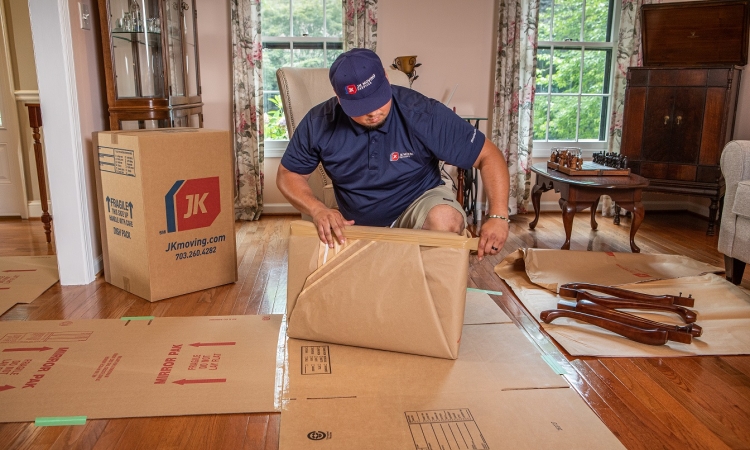Moving to a new country can bring up many emotions. On one hand, it’s thrilling – you’ll get to experience a different culture, see amazing new sights, and have incredible experiences. Yet when you’re moving to another country, you also can feel anxious and apprehensive. Adapting to unfamiliar culture and surroundings can be challenging, especially if the native language is different than that of your home country.
Don’t worry! Even though you may experience some culture shock, you will become adjusted to these new conditions, wherever you move. If you’re just starting to plan your move, our guide on moving to Mexico can offer helpful context on what the journey abroad might involve. Here are some tips for adjusting to living in another country and cultural adaptation.
Don’t panic
When you move to another country, you may find yourself overwhelmed with questions. How long does it take to adapt to this culture? How long does it take to adjust to a new country? The answers vary for everyone. You might find that the country’s culture and language are actually more similar to your home country’s than you’d think! However even if you feel like a stranger in a strange land, the most important thing is to not panic. Be patient, and give yourself time.
Immerse yourself
Thanks to the internet, communication with people in your home country may be easier. However, don’t fall into the trap of staying inside and online all the time. Instead, keep an open mind and embrace the differences you encounter. Recognize that your way of thinking and doing things most likely will be different from the local culture, and be willing to learn and adapt. Learn as much as you can about the traditions, customs, and history of the country you are moving to. This can include studying the language, reading books, watching movies, and talking to people who have experience with the country before you relocate.
Once you’re abroad, pay attention to how locals behave, interact, and navigate daily life. Observe their etiquette, social norms, and communication styles. This can help you understand the cultural context and adjust your own behavior accordingly. You should also pay attention to body language, gestures, and personal space in your new environment. Understanding and adjusting your non-verbal communication can help you fit in better and avoid misunderstandings.
 You should also immerse yourself in local events as much as possible. Attend cultural events, festivals, and celebrations. Visit museums, historical sites, and local attractions. Try traditional cuisine and engage in activities that are popular among the locals. The more you engage with the culture, the faster you will adapt.
You should also immerse yourself in local events as much as possible. Attend cultural events, festivals, and celebrations. Visit museums, historical sites, and local attractions. Try traditional cuisine and engage in activities that are popular among the locals. The more you engage with the culture, the faster you will adapt.
Work on language basics
Before you move to a new country, you should start learning some of the language basics. While there is no substitute for immersion to learn a new language, there are plenty of free language tools that can help you be understood. Some basics you should try to learn are how to ask for directions (and understand basic directions), say hello and thank you, and explain that you don’t speak the language well. If you have a smartphone, Google’s translation tools work in real-time and can even help translate signs through your phone’s camera.
Dealing with culture shock
Many people who move to another country experience culture shock. Culture shock refers to the feelings of disorientation and discomfort that can arise when you are exposed to a new culture significantly different from your own. Culture shock typically manifests in stages, including the honeymoon phase (initial excitement), frustration and irritation, adjustment and acceptance, and finally, adaptation.
The duration and intensity of culture shock can vary from person to person. With time, support, and a willingness to adapt, most individuals overcome culture shock and integrate into their new cultural surroundings. It’s important to understand that adapting to a new culture takes time and effort. Be patient with yourself and embrace the challenges that arise. It’s natural to make mistakes or feel uncomfortable at times, but each experience can be a valuable learning opportunity.
A great way to deal with culture shock is to seek opportunities to interact with your new neighbors and establish connections. Join clubs, organizations, or language exchange groups to meet people who share your interests or can help you integrate into the community. Building relationships can provide insights into the culture and offer support during your adaptation process. You can also look for expat communities in your new country to find a community of people who also have an outsider perspective on your new country’s culture. Expats may come from all over the world and can provide guidance, support, and a sense of belonging as you navigate the challenges of adapting to a new culture.
Ultimately, moving abroad can bring up confusing, sometimes conflicting feelings. Yet the more you prepare and the more you expose yourself to new experiences, the easier it will be to adjust.


